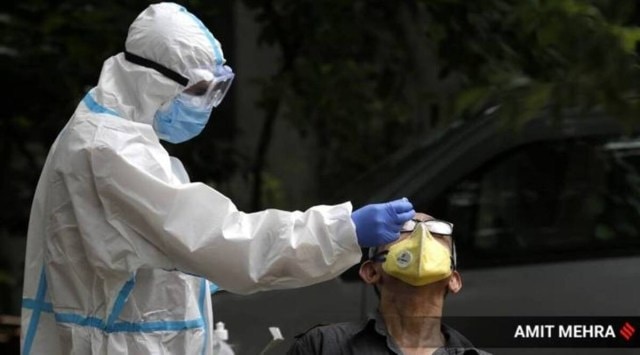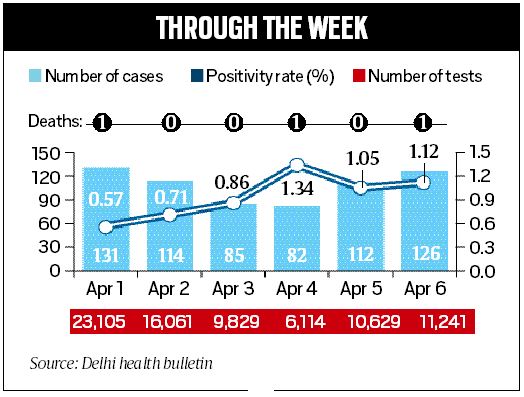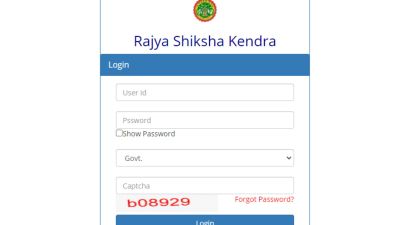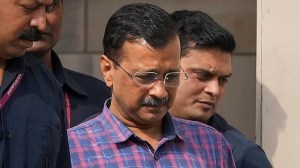- India
- International
Fewer tests behind slight increase in Delhi’s positivity rate
Delhi Covid-19: Fewer people turning up to get tested, with hospitals contributing the largest chunk of the total tests conducted, has led to the positivity rate inching up over the week. It has remained above 1% over the last four days, up from 0.57% recorded on the first day of the month.
 Positivity rate is the proportion of samples that return positive, which is indicative of the spread of the infection. File
Positivity rate is the proportion of samples that return positive, which is indicative of the spread of the infection. File
Delhi’s Covid positivity rate has been inching up and remained above 1% for four days in a row. This is attributed to fewer tests being conducted and mostly symptomatic persons getting tested, said government officials. Delhi recorded a positivity rate of 1.68% on Thursday, with just over 10,000 tests.
Positivity rate is the proportion of samples that return positive, which is indicative of the spread of the infection.
Fewer people turning up to get tested, with hospitals contributing the largest chunk of the total tests conducted, has led to the positivity rate inching up over the week. It has remained above 1% over the last four days, up from 0.57% recorded on the first day of the month.
Officials said that lifting of restrictions such as the need for a negative RT-PCR test for domestic travel has also led to a drop in the number of tests conducted and consequently the increasing positivity rate. Moreover, when more symptomatic patients get tested, a higher number is likely to be positive, resulting in a higher positivity rate.

The number of tests has remained very low over the last three days, averaging 9,328 tests a day. In comparison, 23,431 tests were conducted on average daily during the last seven days of March, shows data from the Delhi government’s health bulletin. The government had planned to maintain a level of around 60,000 tests a day even between the waves.

“It’s not that we have shut any of the collection points or that the capacity is not available. But with the cases being low, people are not coming to the centres to get tested. As for samples we collect from the community and transit points like railway stations and ISBTs, people refuse to get tested since the fear of the infection has gone down,” said a senior official from the Delhi government. With fewer tests, capacity at government labs also remains vacant, the official said.
This is happening despite the insufficient capacity of government labs, with samples usually sent to private labs for processing, especially during a surge.
“Of course, most tests are happening in hospitals where people come in with respiratory symptoms, especially those who have to undergo a surgery or procedure. This is the reason that a major chunk of the tests currently being reported is at hospitals,” the official said. The health department will meet next week to discuss the reasons for the drop in tests and how it can be boosted.
City doctors, however, say they have started seeing one or two Covid cases this week, up from none before that. But these patients do not need hospitalisations, they said.
Dr Suranjit Chaterjee, senior consultant of internal medicine at Indraprastha Apollo hospital, said, “There has been a slight increase in numbers; this week I have seen six Covid patients, with three being from the same family. For the 15 days before that, I saw no cases. All patients just had a sore throat, cough, fever, etc and had they not been tested, it could pass off as a regular cold. People are reluctant to get tested now, but we need to keep an eye on tests to spot if there is a surge.”
Dr Rommel Tickoo, director of internal medicine at Max Saket, said, “I have seen four or five patients this week, but we shouldn’t read too much into it. The numbers are still very low.”
Must Read
Apr 23: Latest News
- 01
- 02
- 03
- 04
- 05







































